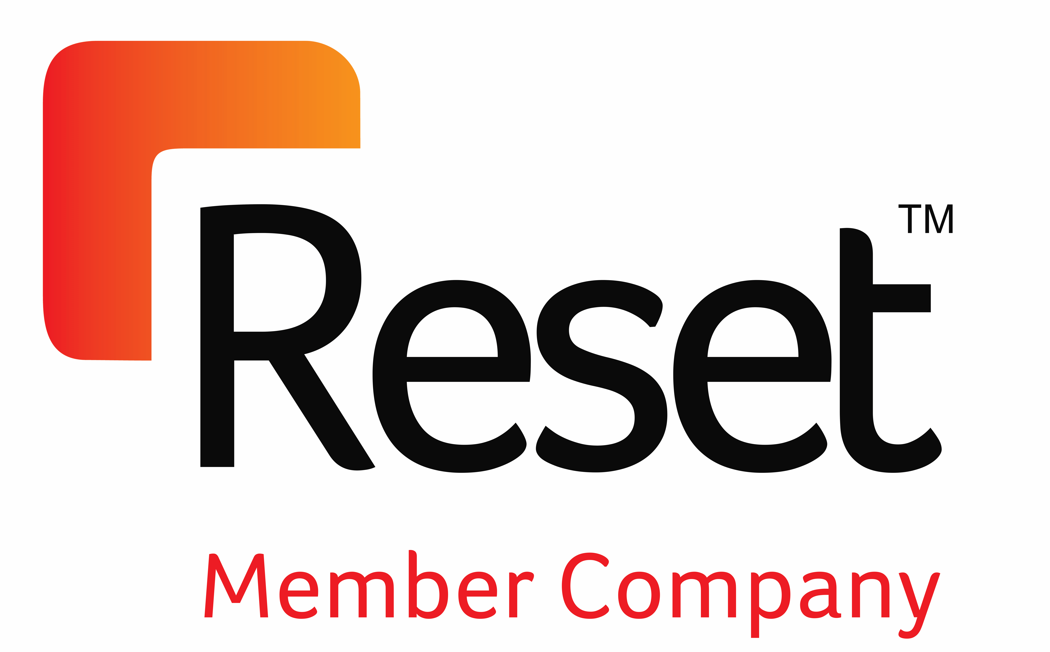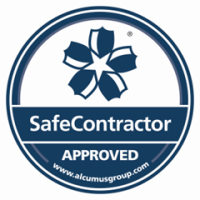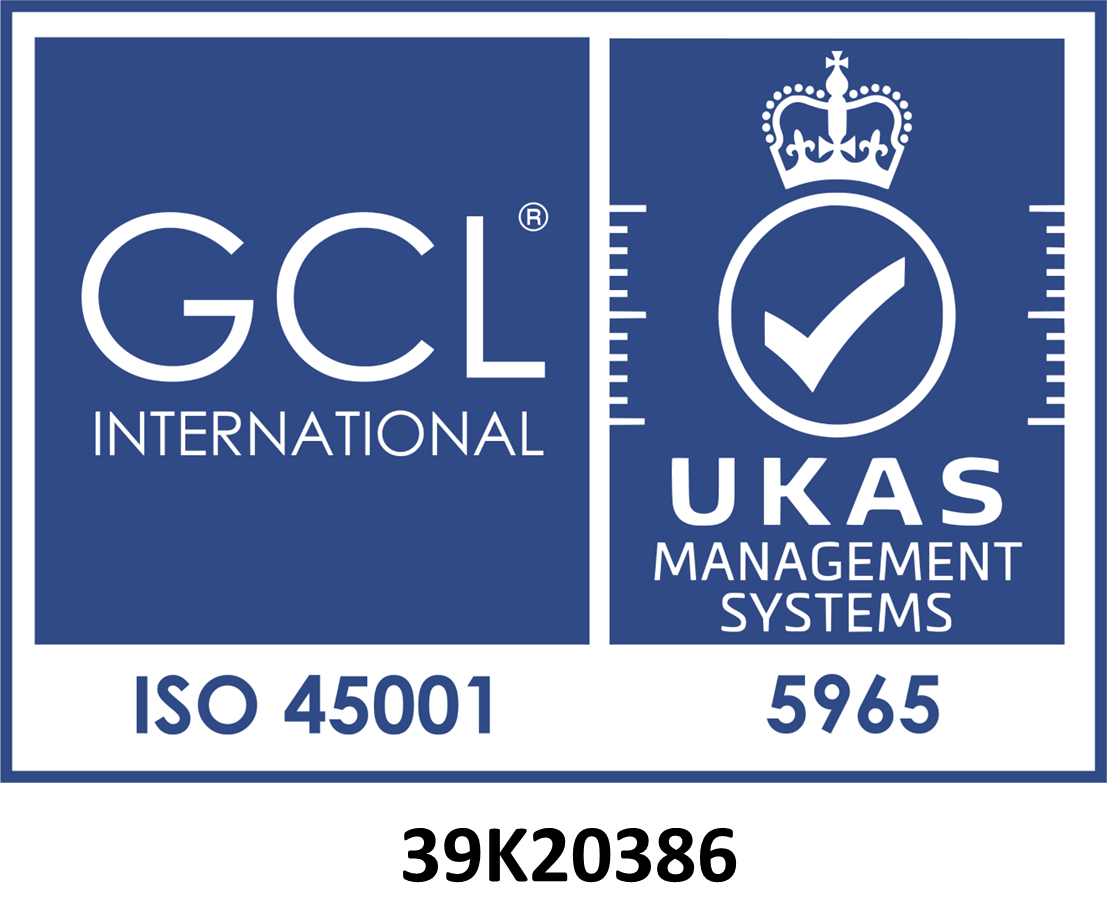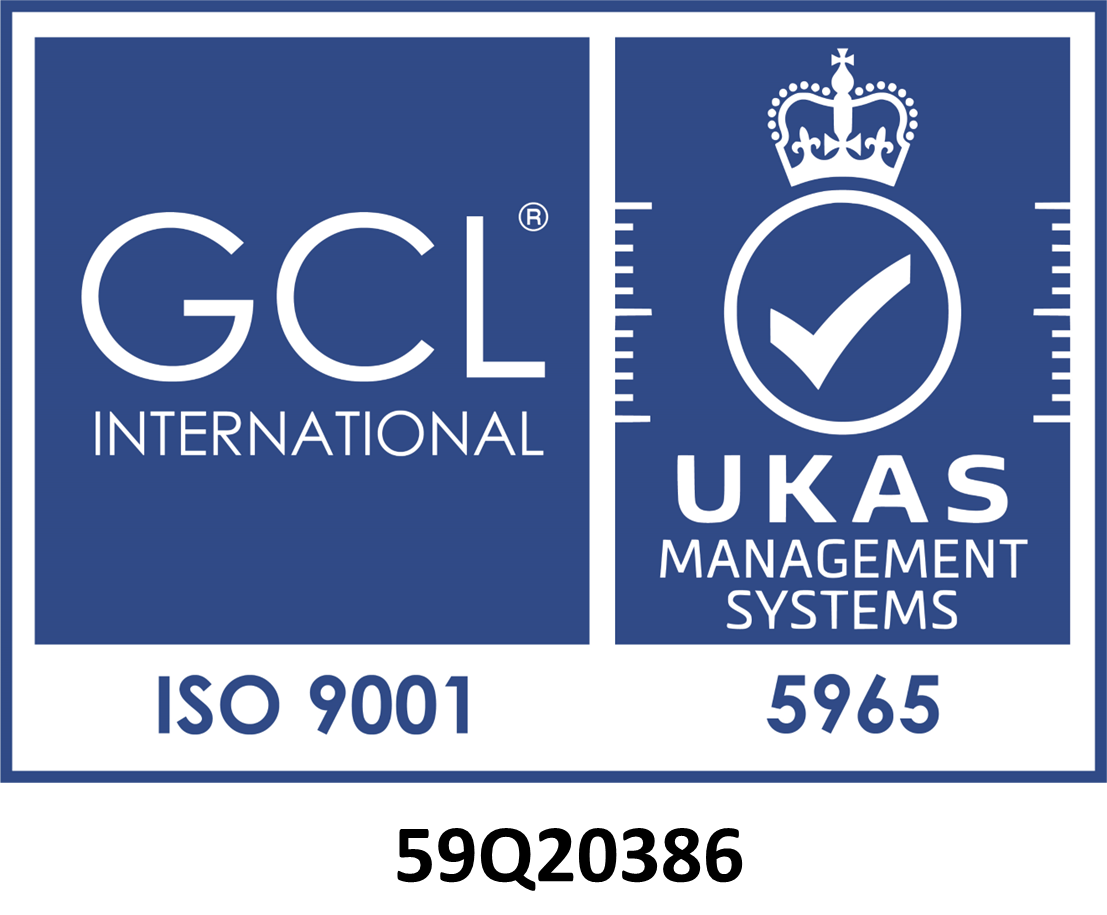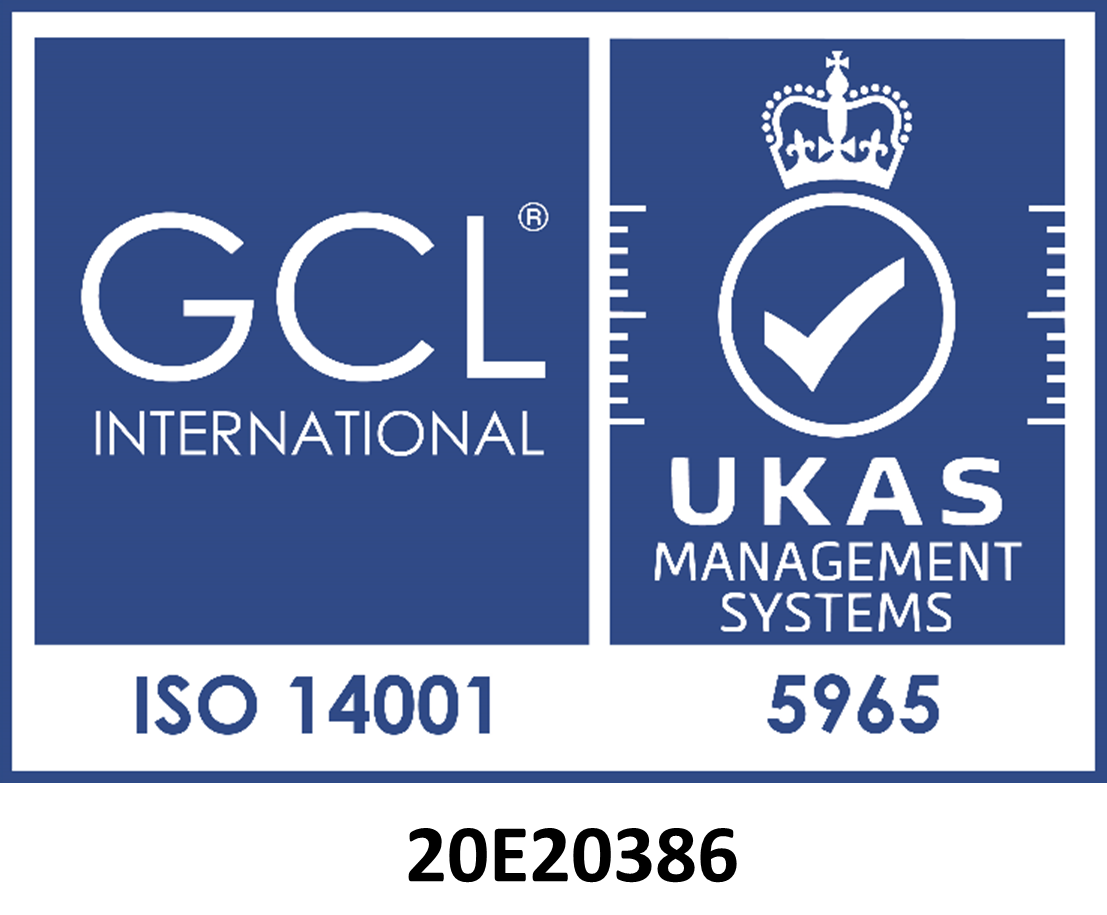In order to ensure the safety of patients and guard against the risk of infection, it is vital to keep contamination to a minimum in a hospital or healthcare environment. There is a legal requirement on healthcare providers to ensure compliance, including the need to ensure that all surfaces are clean and disinfected.
At Tecomak, we have decades of experience as a provider of hospital decontamination equipment and services. We are suppliers of Phileas® no-touch decontamination systems, which are built to the highest standards and have state-of-the-art safety features, meaning you can be confident they will keep your both your patients and staff safe.
Safety Priorities When Using Decontamination Equipment
The main purpose of a verification inspection is to ensure that the system is fit for purpose, and performing at an acceptable level, as well as meeting the specific standards. During a visit, our engineers will check that there are no problems either with the critical ventilation system’s design and layout, or with how it is currently being used. We will also check that filters fit correctly and do not need replacing.
The whole aim of carrying out bio decontamination is of course to improve safety, by reducing infection risks and removing contaminants. Therefore, when considering different options for buying equipment, a top priority is to look at the effectiveness of the various models on the market, and ensuring that they are actually providing the intended protection, without leaving contaminants on surfaces and in the atmosphere.
However, it is equally important to avoid any risk of the disinfection method that you choose actually causing new problems. Unfortunately, there have been some cases of potential health risks to staff working in areas where decontamination is being carried out. Following a national newspaper investigation, it was recently alleged that staff in some UK hospitals had suffered nose bleeds, coughing, chest infections and other problems after inhaling vapour when operating cleaning machines. Staff have also expressed concern about residues which may be present in the atmosphere following some decontamination processes.
To avoid any risk of such problems occurring, the ideal is to have the option of managing out the disinfection process remotely, without staff having to be present, so that they do not breathe in the vapour. It is also desirable to use disinfectants which are highly effective, but break down into harmless residues, posing no health risks.
As well as safeguarding staff health during use, it is also important that decontamination does not actually damage vital equipment in wards, operating theatres and other healthcare facilities. For instance, methods using chlorine dioxide may cause metal to corrode.
Effectiveness and Safety Advantages of Phileas® Products
The Phileas® range of airborne disinfection systems has been shown in independent testing to be highly effective in achieving high levels of cleanliness, and avoiding the risk of superbugs spreading within a hospital. These units are effective against bacteria, moulds, bacterial spores and fungi, using a high-tech spinning disc method which ensures that the disinfectants are diffused in accurately calibrated droplets.
The range includes four different models, ranging in size from the Phileas® 250, which can disinfect multiple rooms, to the Phileas® 75, 25 and the Phileas® Genius, which is ideal for very small spaces. All of these models are autonomous and can be operated remotely, using the MyPhileas tablet. This means an operator does not have to be present in the area being treated and there is therefore no risk of breathing in hydrogen peroxide vapour during the decontamination process.
Both the disinfectants used, O2safe+® and Phileasafe®, comply with EU biocide product regulations, and break down quickly to leave no harmful residues, with free oxygen molecules and water being all that remains at the end of the cycle. This means your staff and patients can feel confident they are safe when they return to the area following a decontamination cycle. You can also have confidence that these disinfectants, which use a low H202 concentration, will not damage your hospital equipment.
If you are not sure which type of hospital decontamination equipment is the right choice for your particular facility, our experienced team at Tecomak can advise you and give you any information you need. Phileas products are very easy to operate and low-maintenance, but we can give any advice needed, and provide any troubleshooting and maintenance, giving you peace of mind. For further details of the range,follow this link.

